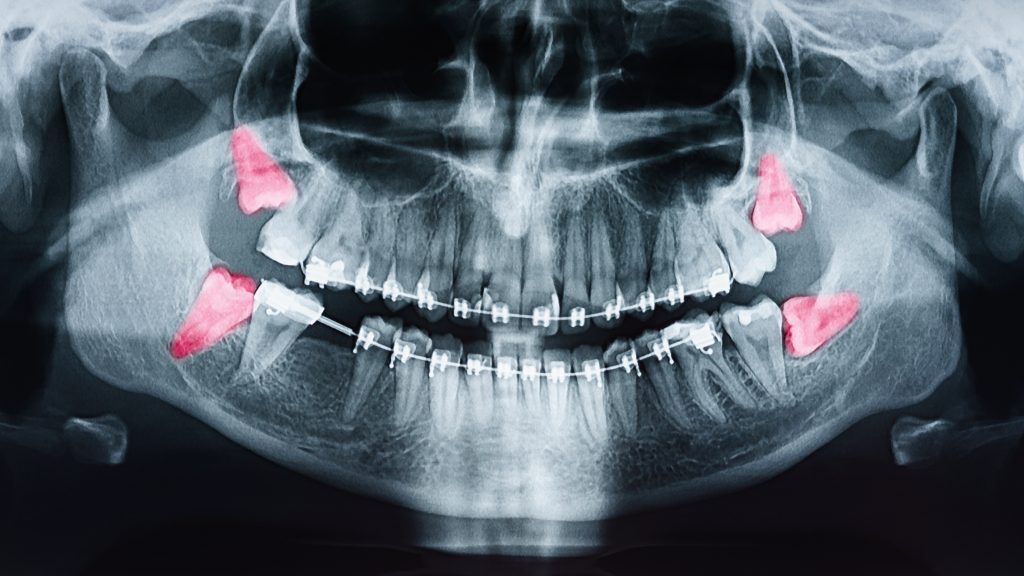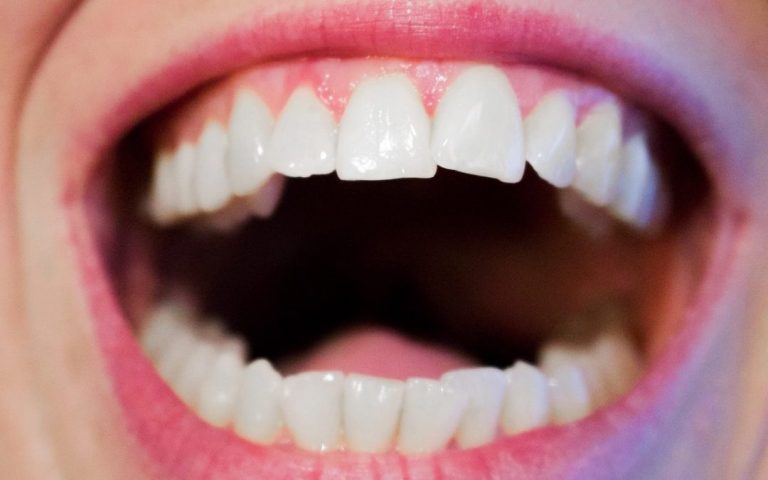Do you experience sensitivity at the back of your mouth? If yes, it could be something to do with your wisdom teeth. Wisdom teeth are the last molar set that grows in.
Wisdom teeth aren’t necessary for chewing or speech functions. Therefore, most people have them removed if they cause problems. When wisdom teeth start to grow, they shift from the gum, affecting the teeth and jaw alignment. Due to this reason, most people prefer to get rid of them instead of treating dental issues that might occur.
Mostly, reputable dentist Cockburn or in other parts of the world recommend wisdom tooth removal if it’s likely to cause problems later in life. Nevertheless, if the wisdom teeth are healthy and aren’t posing a threat, there isn’t a reason to have them removed. However, if you experience the following symptoms, ensure to have your wisdom tooth checked:

-
Stiffness Or Pain In The Jaw
When your wisdom tooth or teeth emerge improperly, they interfere with how your teeth bite down together. When this happens, it can cause pain that results in feelings of stiffness, making it hard to open and close your mouth. Ensure to seek a dentist’s help if you experience these symptoms since misaligned jaws can lead to serious health issues.
-
Inflamed Gums
If your wisdom teeth erupt from the gums, the gums get swollen and tender. The gums look slightly swollen and reddish around the affected teeth, which might interfere with proper teeth cleaning. This symptom doesn’t only cause pain and discomfort; it can also lead to other dental issues due to improper teeth cleaning.
-
Cysts
When you ignore your wisdom teeth for quite a while, cysts might begin forming in your mouth. Cysts are sacs filled with fluid that might damage your mouth and jaws. This symptom might indicate that the wisdom teeth are coming in and require removal.
-
Overcrowded Or Crooked Teeth
Whether or not there’s enough room, wisdom teeth will still grow when the right time comes. Once your mouth is overcrowded, your teeth will be pushed together, leading to crookedness. At this point, the easiest solution to ensure your teeth fit in your jaws is removing your wisdom teeth.
Before your wisdom teeth come in fully, the dentist will take an x-ray to check whether they’ll overcrowd the other teeth. Therefore, it’s important to check with your dentist as soon as your wisdom teeth begin to come in. If your wisdom teeth growth makes other teeth crooked, you might require dental braces to improve your dental appearance.
-
Difficulty Eating
When wisdom teeth start coming out, food particles can stick to your mouth’s back. This causes discomfort and pain that makes eating a hassle. Additionally, temperature sensitivity and trouble opening your mouth indicate that you should have your wisdom teeth checked.
-
Bad Breath
Troubled wisdom teeth make it hard for one to brush teeth properly. After being unable to clean up your teeth, you maya end up with bad breath due to the accumulation of food particles in your mouth. This can result in infection that escalates bad breath and taste.
-
Headaches Or Earaches
Contrary to what most people think, wisdom teeth complications don’t only affect one’s mouth. They can also cause discomfort in other body parts, such as the head and ears. If you experience prolonged headaches or earaches, visit your dentist to determine whether your wisdom teeth are the pain’s culprit.
-
Recurring Tooth Infections Or Teeth Cavities
Tooth infections can cause cavities and vice versa. These symptoms result from poor dental hygiene that might follow painful wisdom teeth. Once you develop an infection due to poor hygiene, you might experience other complications, such as fever or sore throat.
-
Sinus Issues
When your wisdom teeth sprout and develop roots in the upper jaw, you might experience some pressure on your sinuses. This can cause sinus pain, congestion, headache, and discomfort. If you’re experiencing sinus issues, consult your dentist since your wisdom teeth might be behind these issues.
-
Painful Cheeks Or Tongue
Biting your cheeks or tongue more often might be caused by overcrowded teeth or wisdom teeth growing at an abnormal angle. Regardless of the reason, ensure to visit your dentist as continuous biting might cause unbearable pain or infection due to wounds in your mouth.
Conclusion
If you’re experiencing the symptoms mentioned above, it’s important to schedule an appointment with your dentist as soon as possible. These symptoms might indicate that you require wisdom teeth treatment or removal to prevent complications. Once you visit your dentist, they’ll decide how to treat your teeth and provide you with guidelines to promote healthy teeth.




